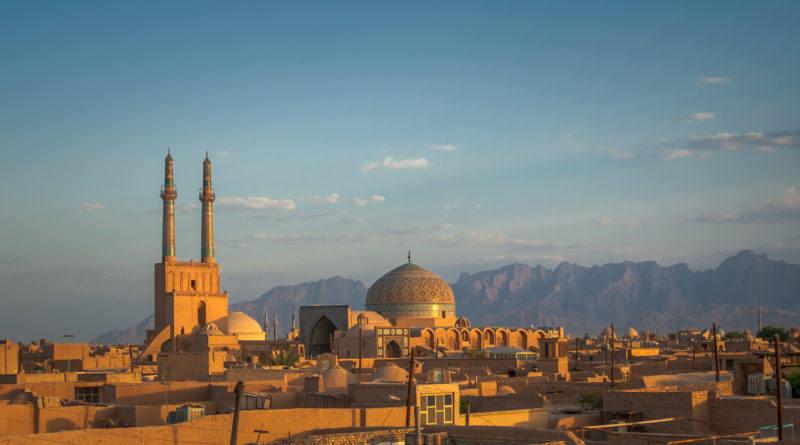The U.S. Just Massively Increased Tensions With Iran
8,147 total views, 1 views today
Among the U.S. government’s list of terrorist organizations are names that many immediately equate with global terrorism: ISIS, Boko Haram, Al-Qaeda, to name a few. For the first time in history, the U.S. plans to add an element of a foreign government to this list.
On April 8th, the Trump administration announced that it intends to formally designate the Islamic Revolutionary Guard Corps (IRGC), a powerful Iranian security organization that belongs to the country’s military, as a terrorist group. This decision was immediately met with criticism and warnings that the U.S. could face severe consequences for such a designation. Iranian lawmakers, in a joint statement signed by a majority of the nation’s nearly 300 legislators, have said that they will retaliate with “reciprocal action.”
In a statement addressing the addition of the IRGC to the U.S. list of terrorist groups, President Donald J. Trump said that the IRGC spearheads Iran’s alleged worldwide terrorist ideals and actions. He also said that his administration’s designation intends to formalize the notion that conducting business with, or otherwise supporting, the IRGC is equivalent to pouring money directly into terrorism.
Further comments from Trump’s Secretary of State, Mike Pompeo, addressed the basis for this designation. Pompeo pointed to a run of violence that the IRGC planned and executed as a perfectly steady reason for the administration’s decision. This violence stems back as far as the 1990s, when 19 American service members were killed and many more were injured in a bombing at a Saudi Arabian apartment complex. Furthermore, in 2011, the Obama administration claimed to have stopped the Quds Force, which is part of the IRGC, from killing the Saudi Arabian ambassador to the U.S. in Washington, D.C.
The Quds Force, which is the IRGC’s overseas operations team, was already pointed to as a terror source back in 2007, during President George W. Bush’s time in office. Currently, the IRGC is experiencing the burden of U.S. sanctions intended to punish Iran for developing ballistic missiles and bolstering the reign of Bashar al-Assad over Syria, which has been in the throes of a devastating civil war with severe international impacts.
The decision to label the IRGC as a terrorist group was met with blowback within the U.S. government even before the news was publicly announced. The Department of Defense (DOD) and Central Intelligence Agency (CIA) reportedly both opposed the measure, saying that it could expose U.S. military and CIA officers to dangers they might not otherwise encounter. The DOD had previously opposed this measure when the Quds Force was labeled a terror source in 2007 and successfully prevented then-President Bush from implementing it.
Even outside the U.S., the IRGC’s terrorist labeling could have consequences. Quds Force members frequently visit Iraq, and Iran’s previous three ambassadors to Iraq have been Quds Force members. The U.S. may be able to pressure Iraqi officials to cut ties with these Iranian government contacts in the face of this new terrorist designation, potentially setting the stage for further strife in the Middle East.

